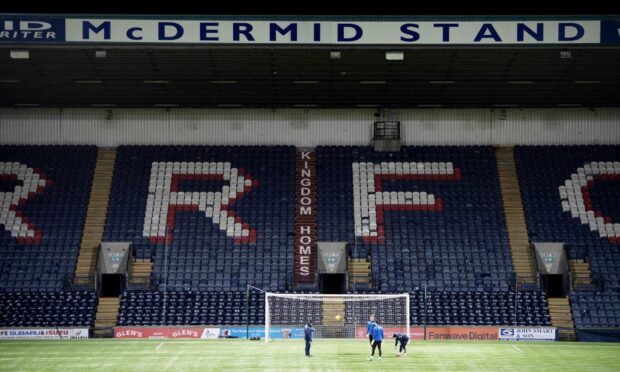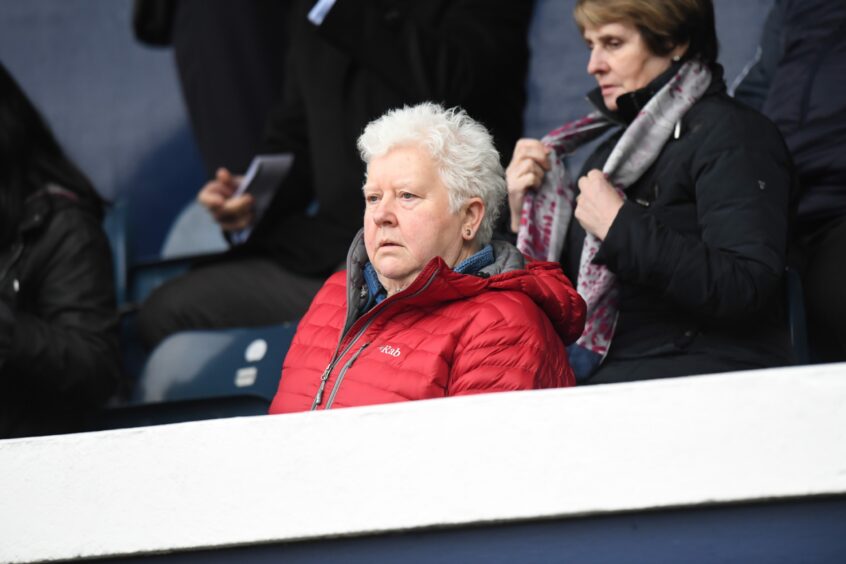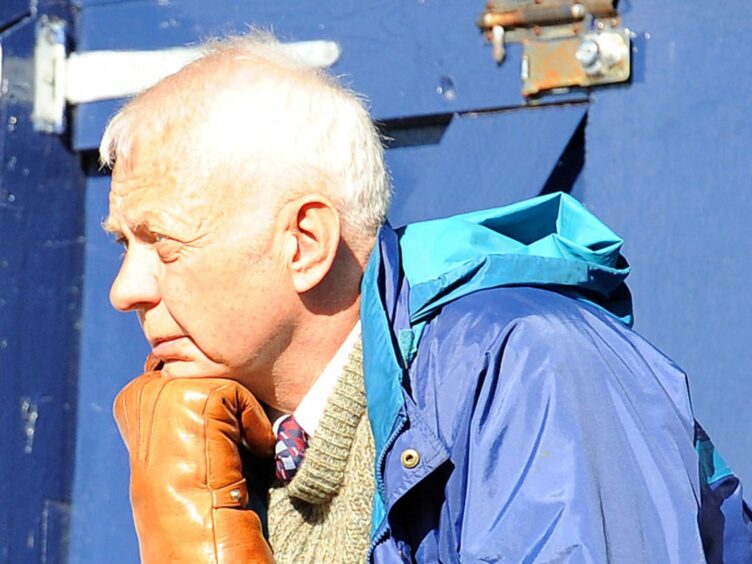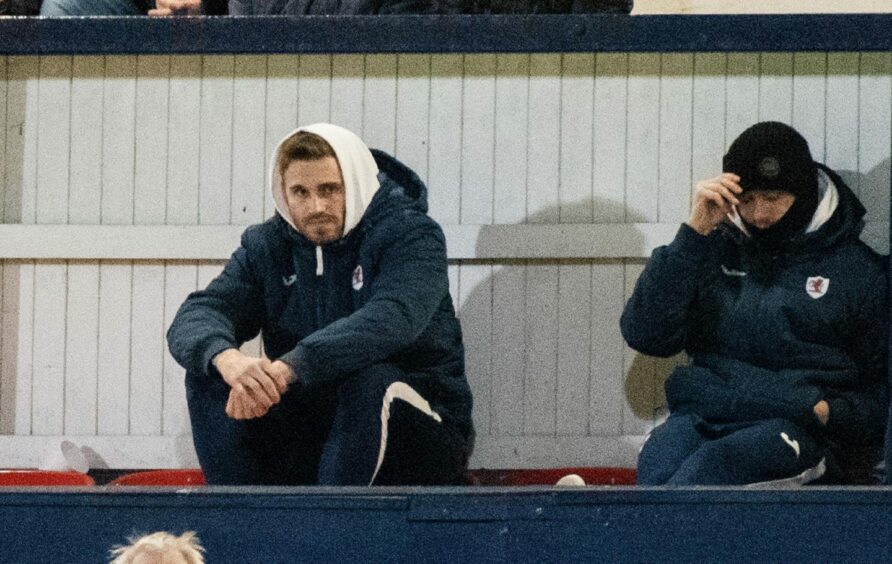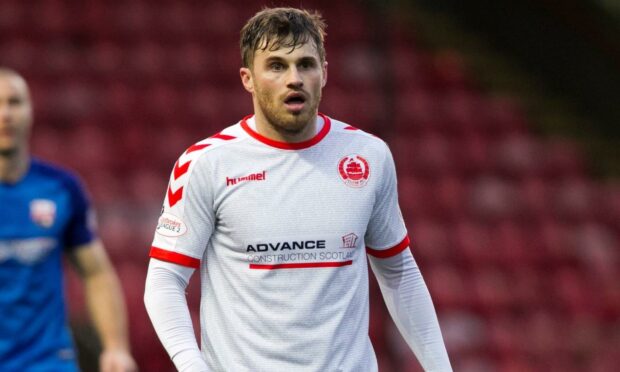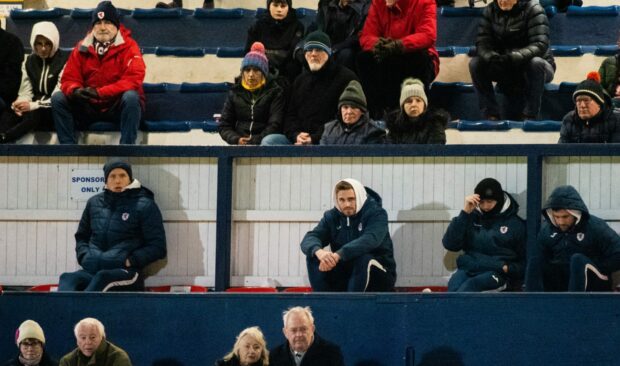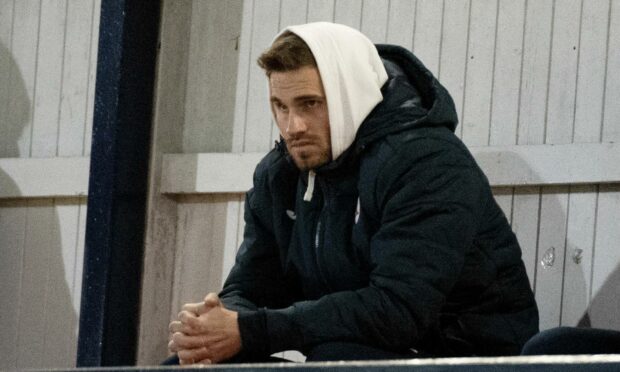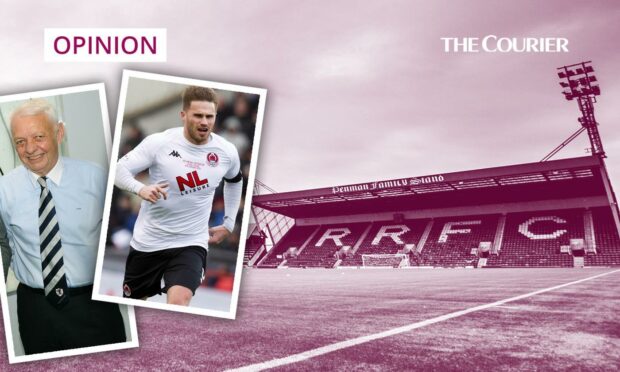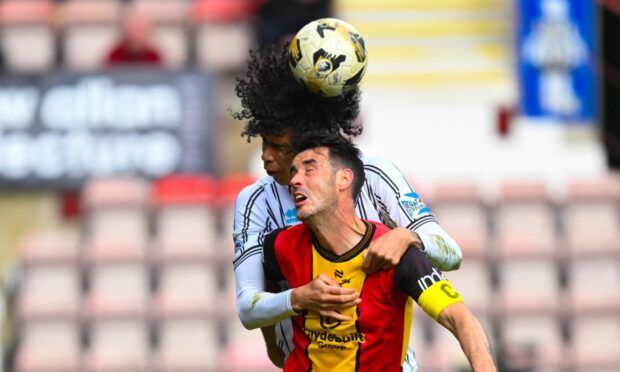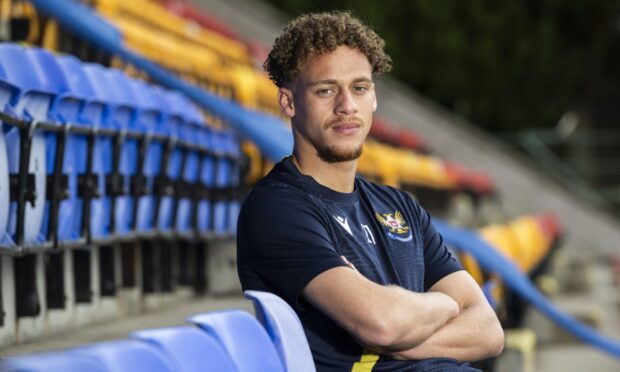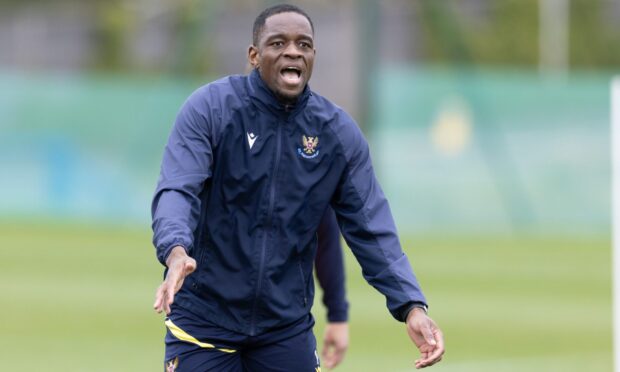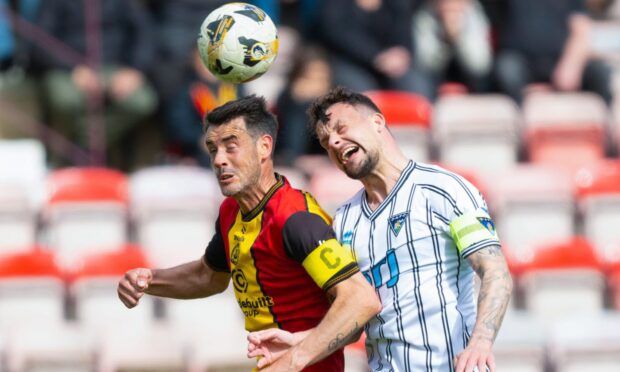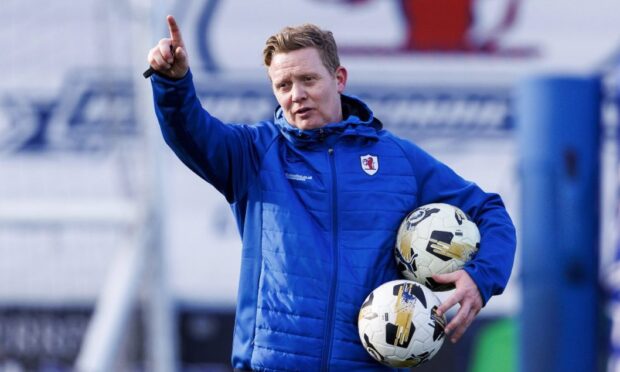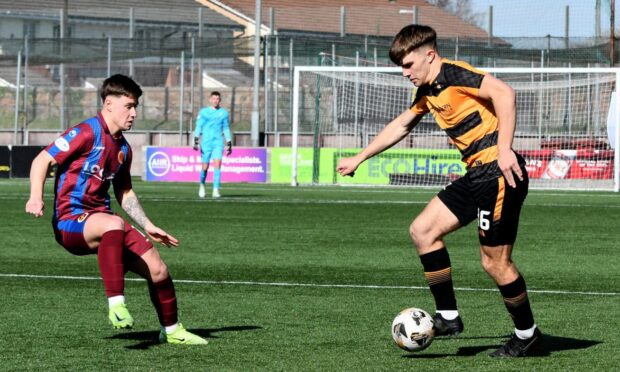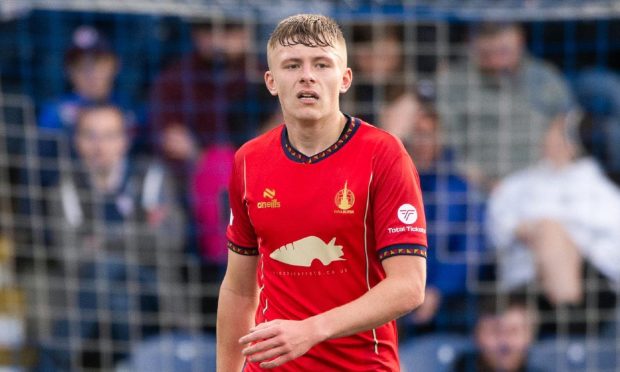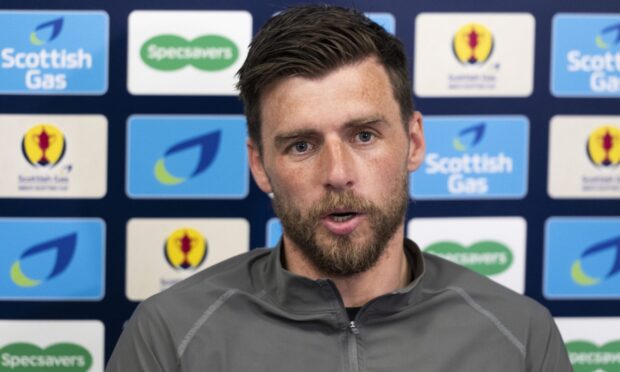Raith Rovers are braced for a sizeable six-figure cash hit after entering talks to annul the contract of David Goodwillie.
The Fife outfit signed the striker from Clyde on transfer deadline day, shelling out a fee believed to be in the region of £50,000.
Widespread anger and a swathe of resignations forced Rovers into a U-turn on Tuesday morning, with chairman John Sim confirming ‘we will enter into discussions with the player regarding his contractual position’.
The upcoming losses
Rovers could technically loan Goodwillie to another club in Scotland but that would likely be unpalatable for many supporters, given he would remain part of the football club.
As such, negotiating a mutually acceptable departure is far more likely — but not without its difficulties.
Goodwillie signed a two-and-a-half-year contract a matter of days ago, meaning any potential pay-off will represent a sizeable outgoing for Rovers.
Allied with losing the financial support of principal sponsor Val McDermid and TAG Games, whose name adorns the away shirt, the losses threaten to immediately stack up.
That is before one factors in the potential disillusionment of the fanbase.
The attendance for Tuesday’s fixture at Stark’s Park against Queen of the South was 1,005.
The home average this term is closer to 1,500, albeit the midweek visit of a struggling team from Dumfries is not the ideal comparator.
A better idea regarding whether crowds will be impacted will come on Saturday when Rovers host Hamilton.
Speaking exclusively to Courier Sport on Thursday, former chairman Bill Clark stated: “The financial damage that has already been done, and is still to be done, can be sorted over a period of time. And it will take time because this will be a costly mistake.”
Are Raith Rovers’ finances in good shape?
Those challenges are underlined by looking at Rovers accounts’ for the year ending May 2021.
A relatively successful domestic campaign — reaching the promotion playoffs in the Championship — saw the club post a profit of £152,000.
The accounts do not include the sale of Dylan Tait to Hibs, while the windfall received from two cup trips to Celtic Park this term will offset a portion of the initial damage done in recent days.
However, ‘retained earnings’ show cumulative losses of £2.4 million, with the club heavily reliant on the support of benefactors.
The most sizeable loan received is £878,000, cited as ‘other related party creditors’.
While the accounts are not itemised, one of Sim’s other companies, Stark’s Park Properties Ltd, is thought to support the football club financially. Indeed, several directors have injected vital capital in recent years.
With liabilities exceeding assets by £1.4 million, Raith Rovers can be considered — as stated by football finance expert Kieran Maguire on Twitter — ‘technically insolvent’.
Stark’s Park, a fixed asset of close to £1.3 million, is owned by a separate entity, Stark’s Park Properties Ltd, also owned by Sim.
All of which underlines the power held by the Rovers chairman.
What would happen if the current directors ceased backing the club?
“Raith Rovers has total creditors of around £2 million, nearly half of which comes from people who are shareholders or are close to the club,” Maguire, a lecturer at the University of Liverpool, told the BBC.
“If you look at Raith Rovers’ finances over the last decade, they have lost money in more years than they have made profit.
“At times, they have lost hundreds of thousands of pounds of money a year. That money has to be found from somewhere.”
In layman’s terms, if the club’s key shareholders were to cease supporting the club — as embattled as they may be — it would no longer be financially viable.
The accounts state: “In all the scenarios, the ultimate controlling party (confirmed in Note 11 as being John Sim) has confirmed that he will support the club financially for at least the next 12 months such that the club can meet the liabilities as they fall due.
“The directors have therefore prepared the financial statements on the going concern basis.”
